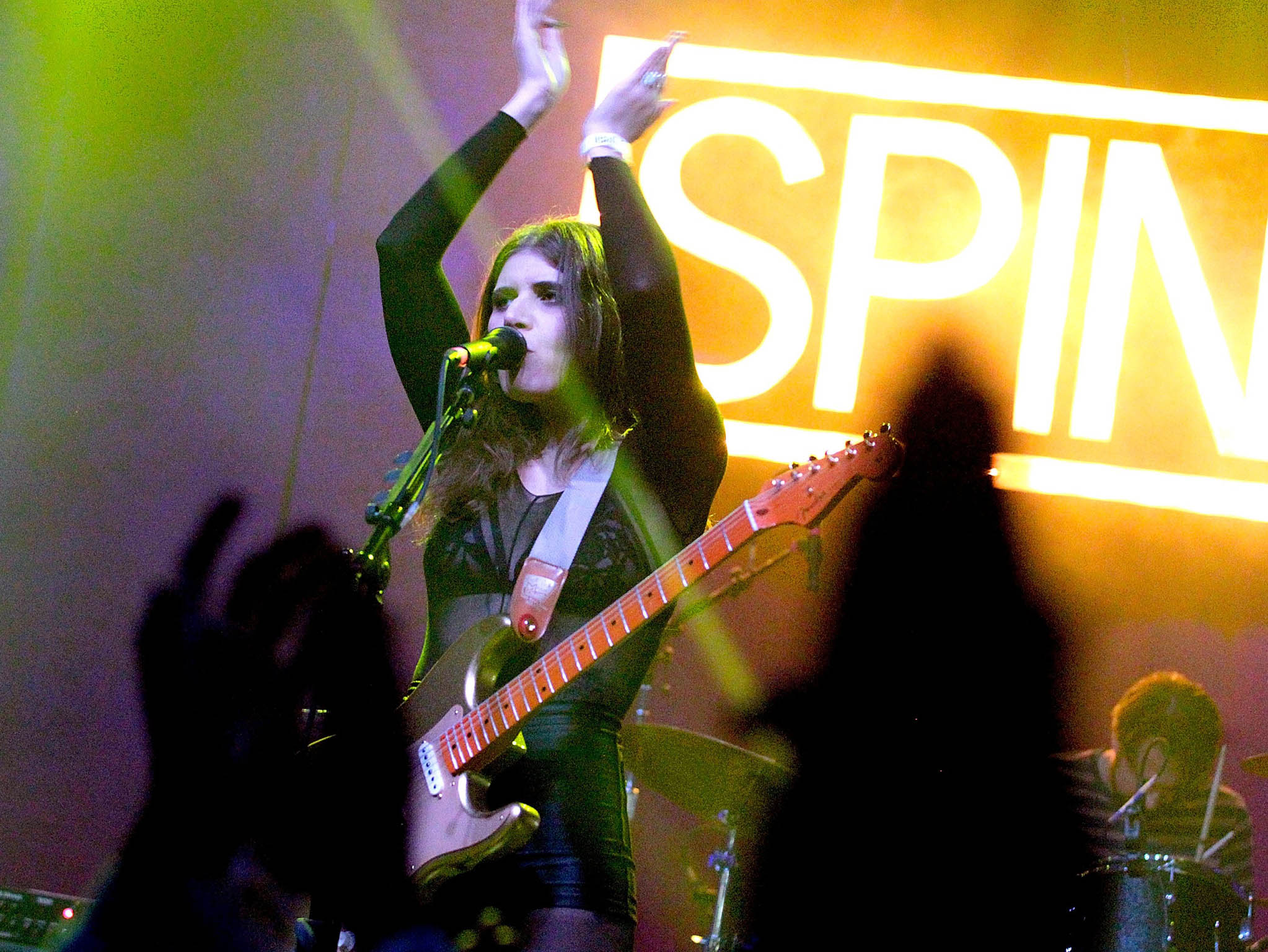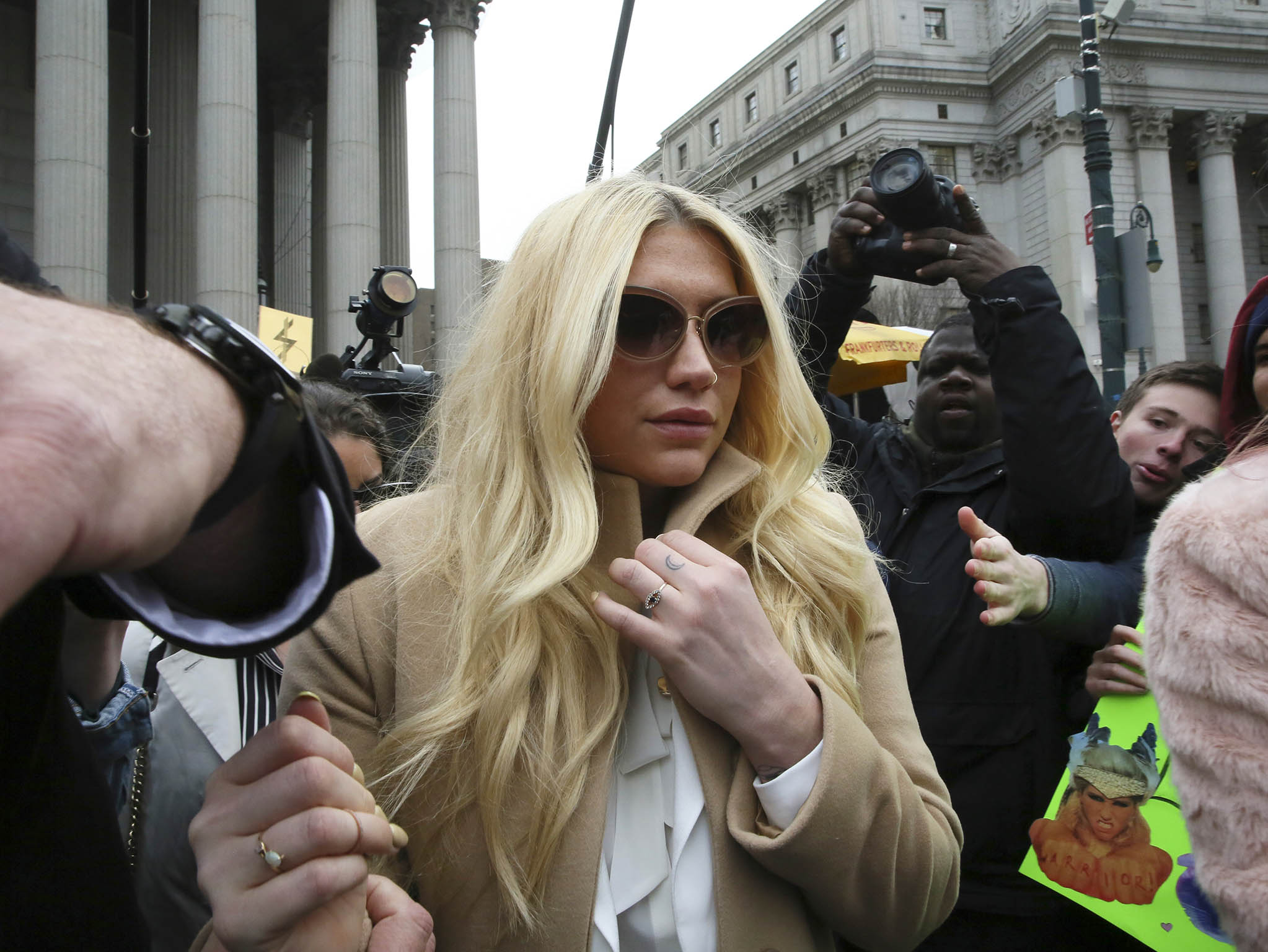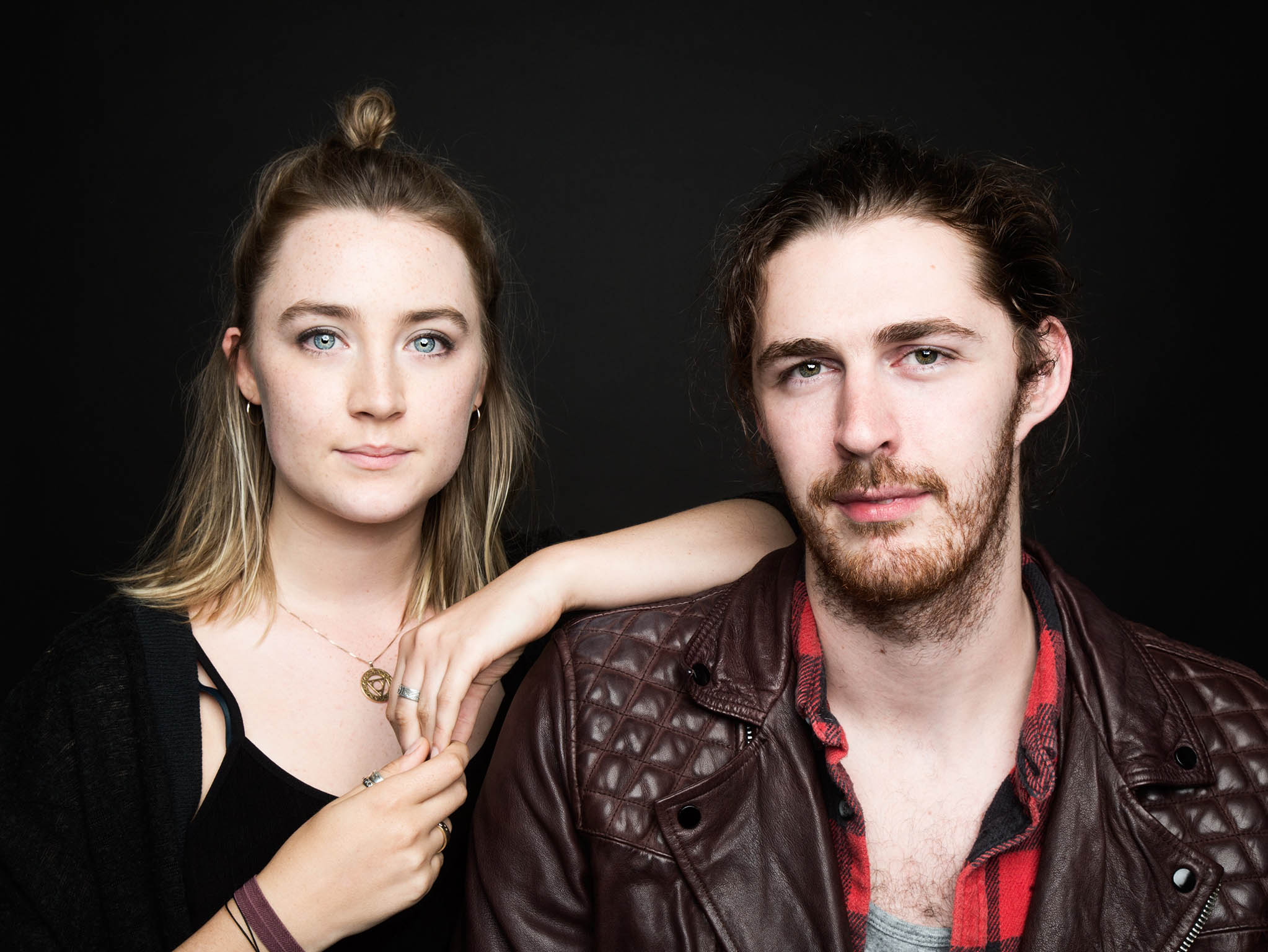Being in a 'girl band' means being objectified and abused but female musicians are speaking out
“I know I absolutely chose the right career. I am a creative, strong, outspoken woman, and my voice will not be silenced

Sonic Youth bassist and singer Kim Gordon’s excellent autobiography, Girl in a Band, came out last year and, in spite of the many controversial statements contained within its pages, one of the most discussed topics surrounding the book was the title itself, which was inspired by her most hated question from journalists: “What’s it like to be a girl in a band?”
According to news that emerged this week, it’s pretty rough. Amber Coffman, the lead singer and guitarist for Brooklyn band Dirty Projectors, called out Heathcliff Berru, the founder and CEO of Life or Death PR and Management, on Twitter, saying he had assaulted her, but that she had been too afraid to speak out at the time it took place.
Beth Martinez, music publicist at Danger Village PR, then stated that Berru had “repeatedly put his hand down my shirt while driving me home, after I told him to stop, many times.”
Then other women in the music industry broke their silence and Berru issued an apology.
“There have been several reports about my alleged inappropriate behaviour which deserve a response. I am deeply sorry for those who I have offended by my actions and how I have made certain women feel”, he said in a statement.
He stepped down from his role as CEO, and the closure of the company was announced after more than 70 of their clients pulled out of their agreements with it.
In wake of the news, an article headlined “Burgers, Bitches, and Bullshit” by Best Coast’s frontwoman Bethany Cosentino appeared on Lena Dunham’s feminist E-zine, Lenny. “I wasn’t just one of his victims — I knew plenty of other women who had their own ‘Heathcliff stories’,” she wrote.
Her article said that many women in the music industry were objectified and scrutinised and commodified in a way that made them susceptible to abuse, both verbal and sometimes physical. She cited the time she had a burger thrown at her face at one of her gigs by someone in the crowd who shouted, “you suck”.
“It might be evident from this essay that I feel a lot of things, including confusion and anger, toward the way I am perceived as a woman in the music industry,” she wrote. “I just want to be able to exist and make music without people asking me the question, ‘so what is it like to be a girl in a band?’ In reality, it’s one of the best things in the world. But on a bad day, it can make me question if I chose the right career.”
The tweets and open letter about Berru opened the floodgates and, since then, several musicians have begun campaigning to raise awareness of harassment and domestic violence, both within the music industry and more generally.
Enjoy unlimited access to 100 million ad-free songs and podcasts with Amazon Music
Sign up now for a 30-day free trial. Terms apply.
ADVERTISEMENT. If you sign up to this service we will earn commission. This revenue helps to fund journalism across The Independent.
Enjoy unlimited access to 100 million ad-free songs and podcasts with Amazon Music
Sign up now for a 30-day free trial. Terms apply.
ADVERTISEMENT. If you sign up to this service we will earn commission. This revenue helps to fund journalism across The Independent.
In the same week that Cosentino wrote her letter, the FreeKesha hashtag sprang up on Twitter. The hashtag relates to an ongoing action brought by pop star Kesha against her record company and producer Dr Luke (real name Lukasz Gottwald) in which she is seeking to be released from her contract and alleging sexual abuse by Gottwald.
Her claims are strongly denied by Gottwald in the controversial case, and he is counter-suing Kesha, her mother and her manager, for defamation.
Of course, allegations of harassment and abusive relationships are not limited to one gender, or to the music industry, but the industry can foster power dynamics where accusations can be made and people are afraid to speak out because it may result in damage to their careers.
Elsewhere, musicians are waking up to the issues. “It is great Bethany has spoken out, it must be frightening because it is all based on who has got the power in this industry, so it is frightening for people to step forward about these issues, but it is important for people to speak out,” says Ritzy Bryan, the frontwoman of Welsh band The Joy Formidable. Two weeks ago, the group made a music video objectifying men.

“[The video is] quite voyeuristic. It’s shown from the perspective of the female gaze and I made it along with my male band members. We see the imbalance in the way women are portrayed and we aren’t condoning objectification, we are just trying to bring a balanced perspective and it is something we felt needed to be addressed,” she explains.
While Bryan hasn’t directly experienced the issues Cosentino has, she says the industry is one where there is a power imbalance: “There are lots of men with power in this industry still, there are more women than in the past but it is still imbalanced and it is an industry that does work on favours and schmoozing... I think it’s important to speak out. Everyone individually should be able to feel they can speak about sexual harassment and not be scared about how it can affect their careers.”

“Take Me to Church” singer Hozier has released a video for his song “Cherry Wine” that stars Saoirse Ronan playing a victim of domestic abuse. “The song is written from the perspective of someone in an abusive relationship and the way love endures through an abusive relationship,” says Hozier, who has set up the hashtag #faceuptodomesticviolence and has published a list of support services on his website (hozier.com/cherrywine).
“What the campaign is about is there was an average two women killed a week in the UK. Every 30 seconds in the UK there is a call to police about it,” he says.
Hozier and Ritzy Bryan both point out that this isn’t just something that happens to women. “We are big on the equality thing,” says Bryan, “so it is not just a female problem. We need to include men as well. It is hard for men to come out as well about what might happen to them, it is about everyone having respect and knowing the boundaries.
We also need lots of good men coming forward and not being bystanders to it, they need to feel they can support their colleagues. I feel like I have always had that, my bandmates, they are dickheads in some ways, but we all look after each other.”
So, what’s it like to be a girl in a band?
It’s tough but there are many musicians working make things better. Cosentino wrote: “I know I absolutely chose the right career. I am a creative, strong, outspoken woman, and my voice will not be silenced. If anything, I will deal with the sexist bullshit [to] let women (and men) know that we don’t have to accept this type of behaviour.
“To the girl who is feeling confused about her own identity, I say this to you with total confidence: You are talented, you are resilient, you are unique.”
Join our commenting forum
Join thought-provoking conversations, follow other Independent readers and see their replies
Comments